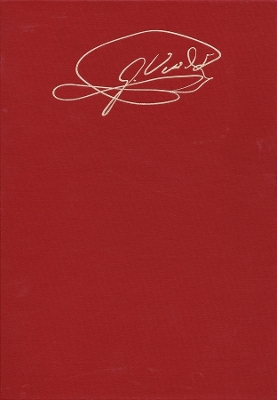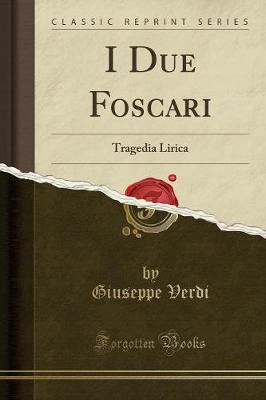Works of Giuseppe Verdi, Series I: Operas
2 primary works
Book 2
Un giorno di regno, which premiered at Milan's Teatro alla Scala in September 1840, is Verdi's second opera and one of only two comedies (with Falstaff) ever written by the composer. Rooted in Felice Romani's libretto Il finto Stanislao, Un giorno di regno experienced a tumultuous history: the opera's first performance was poorly received, a result that has been often attributed to a personal tragedy-the sudden death of his first wife-that befell Verdi during the work's composition. Research for this edition, however, reveals that Verdi worked on it with the utmost care. In recent times, new audiences have embraced revivals of Un giorno di regno, and the opera is now celebrated as a fine expression of Verdi's robust style, offering enticing glimpses into the world of comedy at mid-century.
This critical edition, based on Verdi's autograph manuscript, offers the first publication of the opera in full score. Editor Francesco Izzo contextualizes Un giorno di regno in his introductory discussion of the work's origins, sources, and performances. In addition, appendices provide alternative musical readings and reconstruct lost versions of segments of the musical numbers, while the critical commentary explores editorial problems and answers.
This critical edition, based on Verdi's autograph manuscript, offers the first publication of the opera in full score. Editor Francesco Izzo contextualizes Un giorno di regno in his introductory discussion of the work's origins, sources, and performances. In addition, appendices provide alternative musical readings and reconstruct lost versions of segments of the musical numbers, while the critical commentary explores editorial problems and answers.
Book 6
"I due Foscari" enjoys pride of place among Verdi s early operas for its commanding music and striking use of recurring themes to identify the principal characters. Here, the young composer can be seen experimenting with new means of musical and dramatic expression.
This critical edition, based on Verdi s autograph score and autograph corrections in the first manuscript copy, offers the full score including powerful passages later excised by Roman censors and appendices containing sketches, fragments, rejected passages, and a substitute cabaletta for Jacopo s cavatina. With an introduction and detailed critical commentary, this edition provides performers, conductors, students, and scholars with a superior version of the colorful drama.
"
This critical edition, based on Verdi s autograph score and autograph corrections in the first manuscript copy, offers the full score including powerful passages later excised by Roman censors and appendices containing sketches, fragments, rejected passages, and a substitute cabaletta for Jacopo s cavatina. With an introduction and detailed critical commentary, this edition provides performers, conductors, students, and scholars with a superior version of the colorful drama.
"

